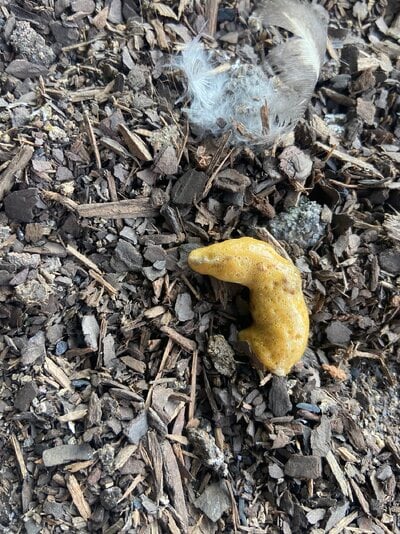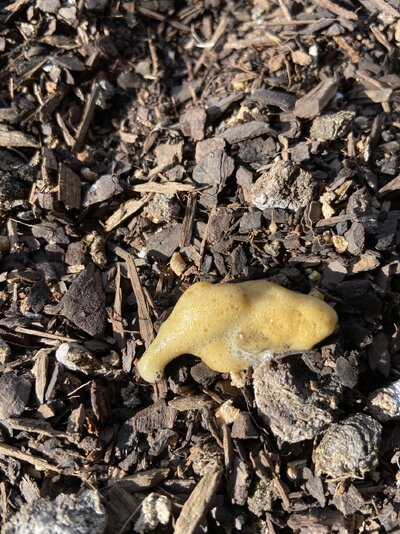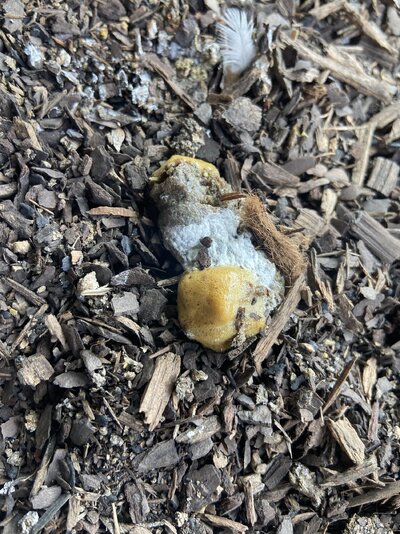mb929
In the Brooder
- Nov 9, 2022
- 25
- 19
- 34
I have seen conflicting opinions about the best deworming methods… Some people saying DE in the food works great, other saying DE does not work at all. I would love to hear what people do as a deworming method for their chickens… I’m really only worried about one of my chickens having worms. I have already treated them for coccidiosis a while ago just in case but I am still seeing this yellow foamy poop from one. thanks in advance for any information !







